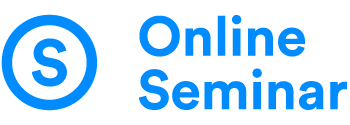700 entrepreneurs. Four exclusive locations. Four round tables with experts and hosts. The Prinsjesdagontbijt has been a popular Dutch event for entrepreneurs for years. How could this take place in times of corona? Virtual events turned out to be the answer.
It has been a tradition for more than fifteen years: the day after Prinsjesdag, a selected number of entrepreneurs gather at five locations in the Nederlands to share the highlights of the expected national budgeting, and to have a networking opportunity. The organizer works together with partner organizations and fixed, exclusive locations. Professional hosts lead the conversation. Marketing consultant Marcel van Spijk explains: “The combination of content with a high-quality network ensures that the Prinsjesdagontbijt has been a household name for years.”
Virtual events from four exclusive locations
In spite of Covid-19 there was no disagreement to organize the event. ‘We saw it as a good way to talk to our clients about the consequences of the pandemic’, says Van Spijk. We decided reduce the number of locations to four: in Noord-Brabant, Twente, Apeldoorn and Limburg. The locations, such as Paleis het Loo, remained the same. They are very recognizable for our customers.’ However, it was decided to organize it in a different form: almost entirely online. This resulted in four unique virtual events, each with a limited, selected audience that could also ask questions.
Extra data and content
‘Online Seminar soon emerged as a preferred supplier’, says Van Spijk. ‘That led to a very pleasant collaboration. They ensure that everything is technically in order and also provide tips about the content, for example about the length of the webinar. That was much shorter than the physical event would normally be, because the online attention span is shorter.’ In addition, there are two additional advantages that Van Spijk had not anticipated: ‘First of all, there is a lot of extra content available, which we can share again via our channels. In addition, we generated a lot of data in the webinars that we wouldn’t otherwise have. This way we know exactly how participants experienced the event.’
Van Spijk indicates that for many colleagues the webinars were an eye-opener. ‘They didn’t expect it to be so good and professional, with so much experience. Our clients also appreciated the webinars very much. For many people it was also nice to be able to look back at the on demand webinars.

Hybrid events: a combination of online and physical
Of course, for a number of people networking was a shortcoming. ‘That also applies to us; such an event is also a business opportunity. At the same time, we also extract a lot of valuable information from the data on which we can act. So, we simply have to work differently. What’s more, there are also people for whom it’s nice to be able to get the highlights of the national budgeting plans quickly. So, in the future I can definitely imagine a hybrid form of online and physical.’


